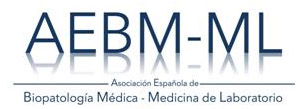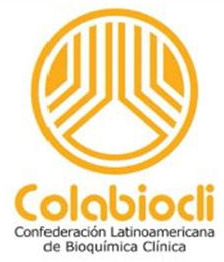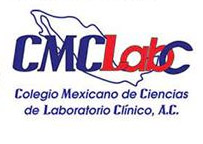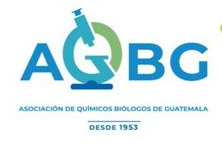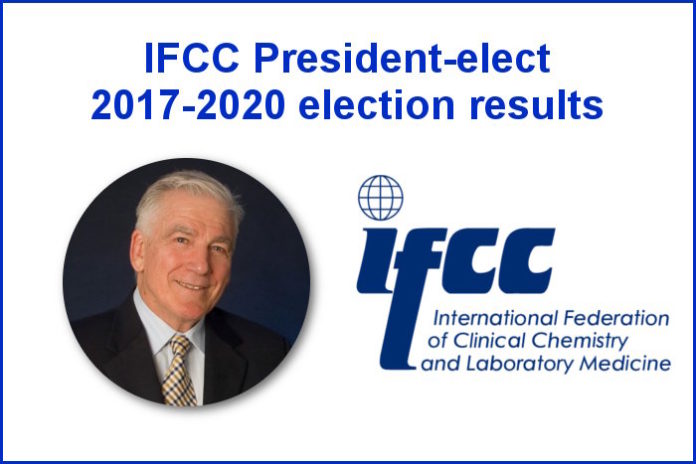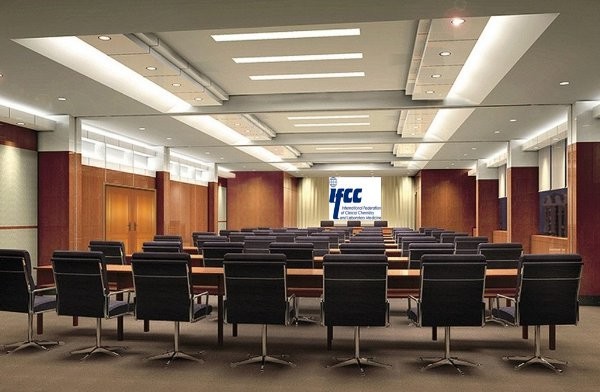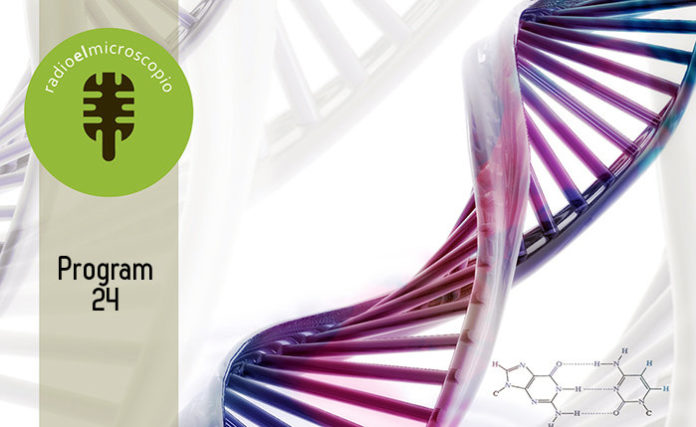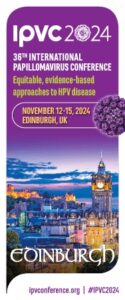The main focus of her research is the pathophysiology of inflammatory and functional gastrointestinal disorders, and the role of host-microbial and dietary interactions. Work in her lab deals with the way commensal bacteria and food components can affect susceptibility to disease such as inflammatory bowel disease, irritable bowel syndrome and celiac disease. They have demonstrated that gut dysfunction can be triggered by gluten in mice, even in the absence of enteropathy, leading to the concept of non-celiac gluten sensitivity. Gluten sensitivity may constitute one possible cause of irritable bowel syndrome that could be treated by a gluten-free diet or adjuvant therapies to gluten exclusion. Clinical trials are currently being conducted to functionally characterize these patients and identify mechanisms of gluten sensitivity in humans. She is also working on the preclinical development of several adjuvant therapies to a gluten-free diet.
Listado de emisiones anteriores
Electronic Journal of IFCC (eJIFCC) live in MEDLINE/PUBMED
Dr Khosrow Adeli, IFCC Communications and Publications Division Chair, says: “This is an important step forward for IFCC as PubMed indexing significantly improves access to eJIFCC articles and will promote IFCC internationally. I would like to thank the eJIFCC Editor-in-Chief, Professor Gabor Kovács as well as the Editorial Board and other members of Communications and Publications Division for their contributions to this important achievement”. eJIFCC has seen a major improvement in both scientific content and publication format over the past few years again thanks to tireless efforts of the editor and the editorial board”.
All issues from 2009 onward are already indexed and searchable, downloadable, citable from PubMed. Older issues will soon be available.
IFCC President-elect 2017-2020 election results
The result of the ballot for the election of the President elect, to commence the term of office on January 1st 2017, to be confirmed as President for the term 2018-2020, was concluded on September 30th 2016. In summary 73 societies voted (out of 86 having the right to vote), giving preferences as follows:
Prof. Howard Morris (Australasian Association of Clinical Biochemists-AACB) received votes: 41 (56%)
Prof. Tomris Ozben (Turkish Biochemical Society-TBS) received votes: 23 (32%)
Prof. Tomáš Zima (Czech Society of Clinical Biochemistry – CSKB) received votes: 9 (12%)
Full details of the ballot may be found from the independent company that conducted the ballot: https://electionbuddy.com/
Accordingly to the results, the President elect is Prof. Howard Morris.
About Dr. Howard Morris
Howard Morris (PhD, FAACB, FFSc(RCPA)) holds a joint appointment as Professor of Medical Science in the School of Pharmacy and Medical Sciences, University of South Australia and a Chief Medical Scientist in Chemical Pathology at SA Pathology, Adelaide Australia. Between 2003 and 2008 he was the Secretary of the Scientific Division of the IFCC and has served as a member of the IFCC Task Force on the Global Campaign on Diabetes Mellitus (2003-2008), Task Force on International Clinical Liaison (2009-2011) and International Scientific Committee XXIst International Congress of Clinical Chemistry and Laboratory Medicine, Berlin Germany, 2011 (2007-2011). Within the Asia PacificFederation of Clinical Biochemistry (APFCB) he served as Chair, Scientific Committee (2002-2004) and Chair, Scientific Organising Committee, Member Organising Committee for 10th Asian Pacific Congress of Clinical Biochemistry (2002-2005). He was the Australasian Association of Clinical Biochemists (AACB) representative to the Councils of the IFCC and APFCB (1998-2004), served on AACB Council (1998-2002) and Editor of the ClinicalBiochemist Reviews (1994-2002). He was awarded an AACB Outstanding Service Medallion (2003) and the W. Roman Travelling Lectureship (2004).
Dr Morris currently services as a Clinical Scientist for the Chemical Pathology Directorate, SA Pathology providing clinical advice and comments in the discipline. He had 24 years experience working in diagnostic clinical biochemistry in the field of immunoassay and endocrinology between 1976 and 2000 during which he managed a major clinical endocrinology laboratory for the Institute of Medical and Veterinary Science (IMVS, Adelaide) providing services for the Royal Adelaide Hospital (RAH) and the state of South Australia. In 1997/98, the laboratory reported some 245,000patient results. Between 2003 and 2009 he was the Director of the Hanson Institute, the research arm of the IMVS and RAH. In 2009 the Hanson Institute administered infrastructure to support the research of some 300 staff and 100 postgraduate students who generated external grants amounting to approximately $AUD 30 million annually.
Dr Morris leads an active research team publishing 242 refereed publications, reviews and book chapters and being awarded over $7 million in competitive research grants. His research investigates the pathophysiology of metabolic bone disease and the effects of hormones including vitamin D funded by the National Health and Medical Research Council and Australian Research Council, the major competitive funding bodies in Australia. His latest work hasidentified the basis for vitamin D requirement to reduce the risk of fractures amongst the elderly. He was invited to present the Louis Avioli Memorial Lecture at the 2009 Annual Scientific Meeting of the American Society for Bone and Mineral Research on this topic. He is also Deputy Chair of a South Australian Department of Health Working Party on Osteoporosis and Fracture Prevention.
IFCC’s Forthcoming Congresses – September Issue
Calendar of IFCC Congresses/Conferences and Regional Federation’s Congresses
| Nov 26 – 29, 2016 | 14th Asia-Pacific Federation for Clinical Biochemistry and Laboratory Medicine Congress | Taipei, TW |
| Jun 11 – 15, 2017 | IFCC-EFLM EuroMedLab 2017 | Athens, GR |
| Sep 17 – 22, 2017 | XXIII COLABLIOCLI Congress 2017 and XI Uruguayan Congress of Clinical Biochemistry | Punta del Este, UY |
|
Oct 20 – 22, 2017 |
Durban, ZA | |
| Oct 22 – 25, 2017 | XXIII IFCC WorldLab 2017 | Durban, ZA |
| May 18 – 23, 2019 | IFCC-EFLM EuroMedLab 2019 | Barcelona, ES |
| May 24 – 28, 2020 | XXIV IFCC WorldLab 2020 Seoul | Seoul, KR |
Calendar of events with IFCC auspices
El Microscopio – Program 24
- Dr. Clifford Mc Donald (United States) Senior Advisor for Science and Integrity at the CDC.
- Dr. Ummer Hassan (United States) Department of Bioengineering at University of Illinois. Interview about a Microfluidic Differential Immuno-Capture Biochip for Specific Leukocyte Counting.
- Agenda.
- News and events about clinical chemistry.
Interview: Ummer Hassan (United States)
Ummer Hassan, a postdoctoral researcher in the Rashid Bashir’s group and first author of the paper, “Microfluidic Differential Immuno-Capture Biochip for Specific Leukocyte Counting”. Department of Bioengineering at University of Illinois.
He presents a novel biosensor, who has the potential to be an automated portable blood cell counter for point-of-care applications in developed and resource-limited regions worldwide.
Interview: Dr. Clifford Mc Donald (United States)
Dr. McDonald graduated from Northwestern University Medical School, completed his Internal Medicine Residency at Michigan State University, and an Infectious Diseases Fellowship at the University of South Alabama, following which he completed a fellowship in Medical Microbiology at Duke University.
Past positions have included Associate Investigator at the National Health Research Institutes in Taiwan and Assistant Professor in the Division of Infectious Diseases at the Universit y of Louisville.
Dr. McDonald is a former officer in the Epidemic Intelligence Service and former Chief of the Prevention and Response Branch in the Division of Healthcare Quality Promotion at the CDC where he currently serves as the Senior Advisor for Science and Integrity in the same division. He is the author or co-author of over 100 peer-reviewed publications with his main interests in the epidemiology and prevention of healthcare associated infections, especially Clostridium difficile infections, and the prevention of antimicrobial resistance.






